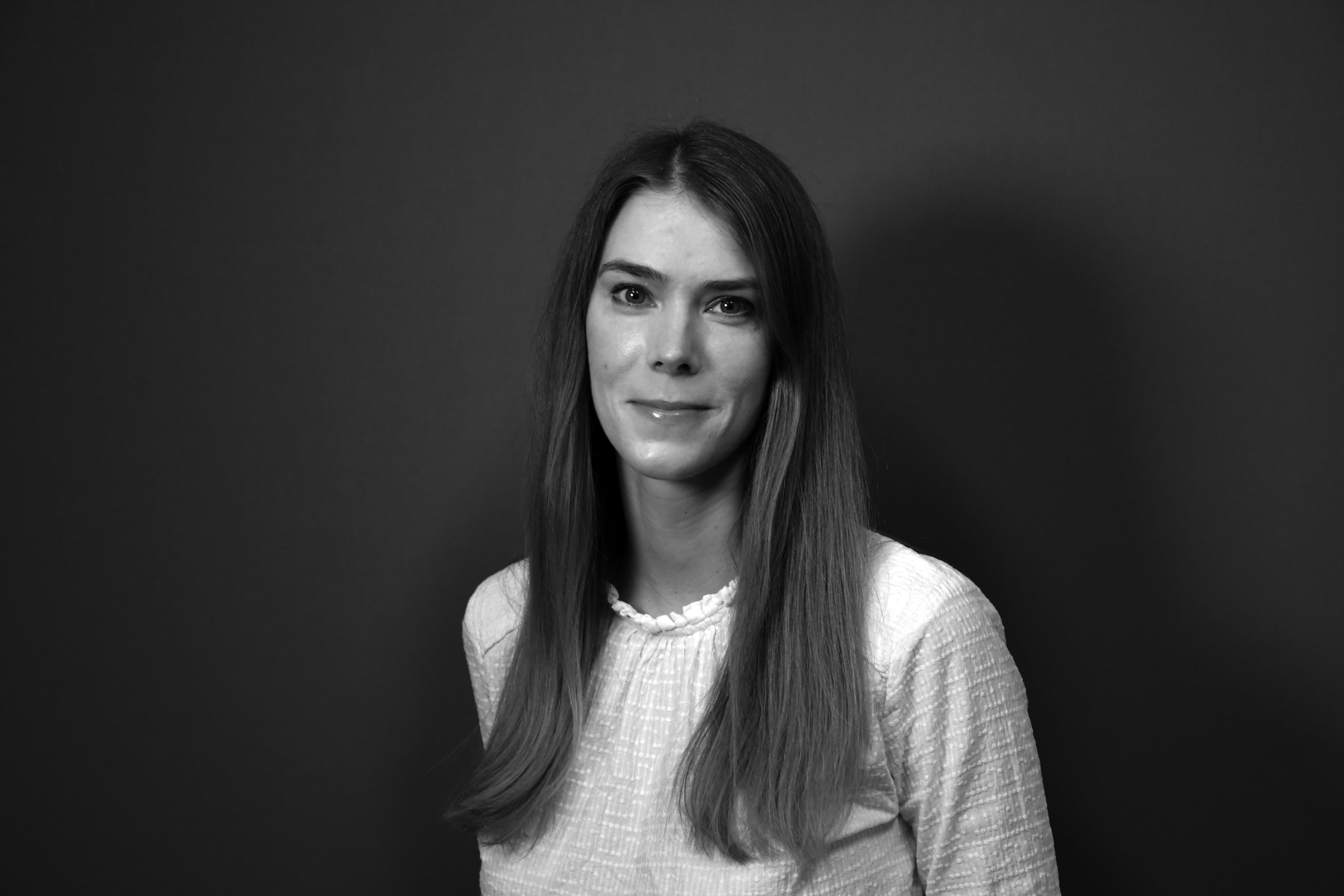Between Inertia and Openness. Germany Reforms Its Labor Immigration System
With its new Skilled Immigration Act (Fachkräfteeinwanderungsgesetz) of 23 June 2023, Germany aims to become the country with "the most modern immigration law in Europe". A new points system and new entry rules for experienced workers having a degree from their home country demonstrate the willingness of the German government to open up its labor market to third-country nationals. While immigration law was already the subject of a previous reform in 2020, the new law is a real paradigm shift in Germany’s migration policy.

According to estimates by the Institute for Labor Market and Vocational Training (IAB), a minimum of 400,000 workers a year will be needed if Germany is not to lose competitiveness.
However, changing the legal framework is not sufficient. Better concentration between the various administrative bodies involved and a less bureaucratic process are crucial to the success of the new act. In order to avoid negative repercussions on the countries of origin and better steer migratory flows, cooperation with third countries offers legal migration channels based on tailor-made agreements.
Jeanette SÜẞ is researcher at the Study Committee on Franco-German (Cerfa) at the French Institute of International Relations (Ifri), working in particular on the European Union and the Franco-German relations.
This publication is available in French: "Entre inertie et ouverture. L’Allemagne réforme son système d’immigration de travail" (PDF).
Related centers and programs
Discover our other research centers and programsFind out more
Discover all our analysesBundeswehr: From Zeitenwende (historic turning point) to Epochenbruch (epochal shift)
The Zeitenwende (historic turning point) announced by Olaf Scholz on February 27, 2022, is shifting into high gear. Financially supported by the March 2025 reform of Germany’s “debt break” and backed by a broad political and societal consensus to strengthen and modernize the Bundeswehr, Germany's military capabilities are set to rapidly increase over the coming years. Expected to assume a central role in the defense of the European continent in the context of changing transatlantic relations, Berlin’s military-political position on the continent is being radically transformed.
Merz’ European Policy-making: The End of the ‘German Vote’?
Friedrich Merz’s European ambition is to turn Germany, long seen as hesitant into a leading actor within the European Union (EU). To that end, he has pledged to end the “German vote,” a phenomenon that epitomizes the paradox of a country both indispensable and frequently absent from European decision-making.

Securing critical raw material (CRM) value chains – a prerequisite for Europe’s technological resilience
At the heart of economic security, technological resilience is a backbone of the European Union’s (EU) competitiveness. The EU’s energy and digital transitions depend on critical raw materials (CRM).

Reconciling competitiveness and demographic change: a Franco-German imperative
France and Germany are facing parallel demographic shifts that could reshape the future of their economies and their social models. These shifts reflect broader European patterns but are magnified by the central role both nations play in EU governance and competitiveness.











